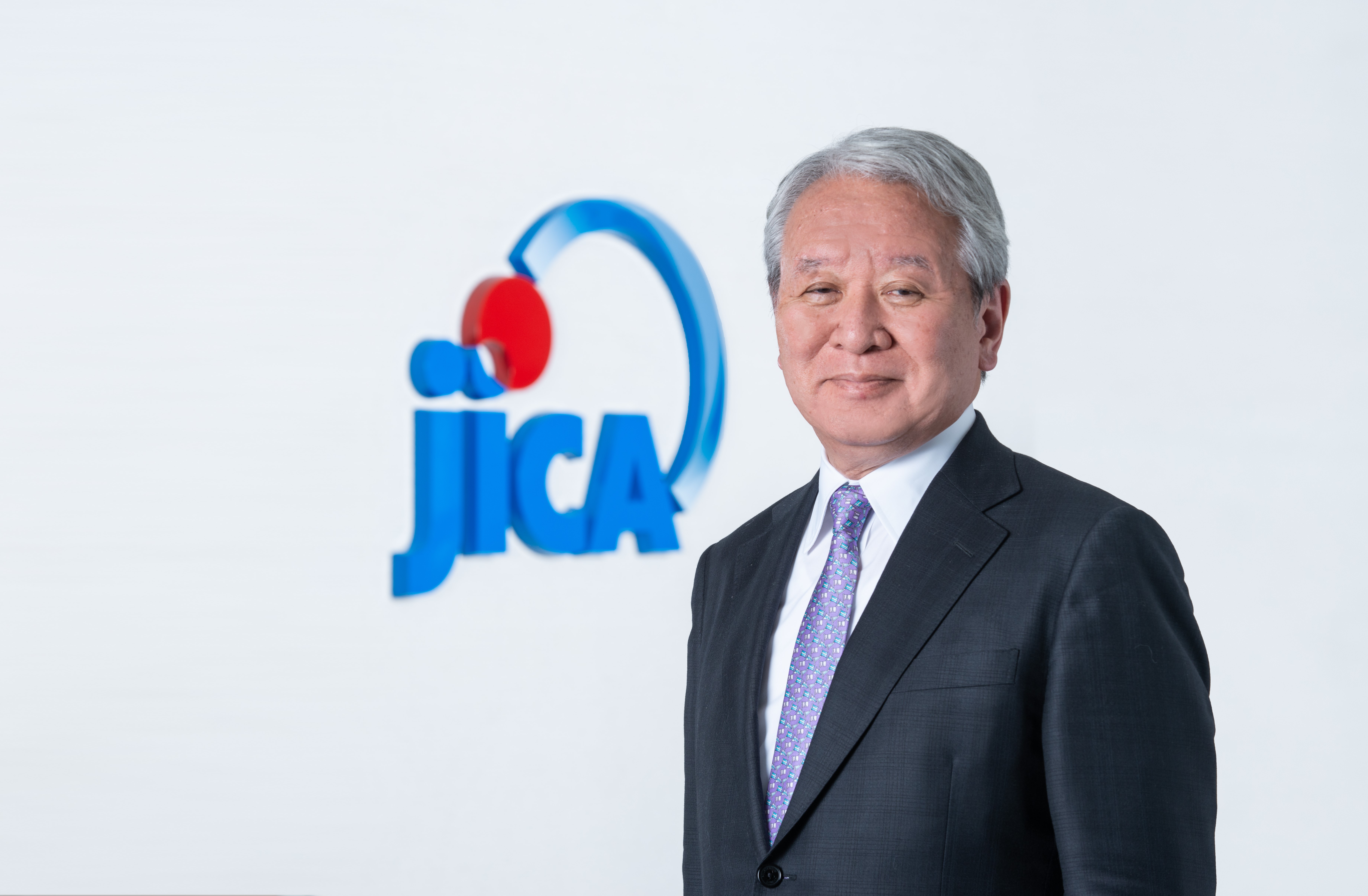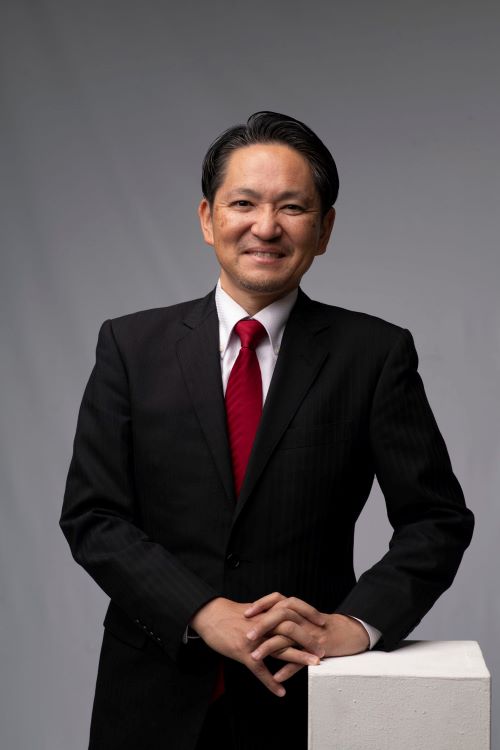Japan’s Unwavering Commitment to Development and Future: 70 years of Japan’s ODA
2024.10.24

October 6, 2024 is a significant milestone for Japan, marking 70 years since its commencement of Official Development Assistance (ODA) in 1954. Over these seven decades, as a major global partner, Japan has extended its cooperation programs to 190 countries and regions, contributing to their economic and social development as well as peace and prosperity in the global community.
Japan’s international cooperation efforts began, in parallel with the payment of postwar reparation to Asian states, with the aim to rebuild trust within the international community. Starting with providing technical training programs to Asian states and expanding its cooperation programs, Japan has become one of the leading bilateral development partners in the world.
The Japan International Cooperation Agency, JICA, is responsible for administrating Japan’s ODA, offering a wide variety of cooperation programs, including finance and investment cooperation, technical cooperation, and other services including emergency aid and the dispatch of volunteers.
In synergy with the domestic initiatives of recipient countries, JICA’s cooperation programs, such as those for infrastructure development and human resources development, have laid a solid foundation for their development. In Thailand, for example, eastern seaboard development facilitated by Japan’s yen loans and technical cooperation in 1980s attracted the automobile industry to Thailand, which in turn has fostered manufacturing and trade throughout the region. Another prominent example is JICA’s agricultural cooperation, by which rice production in African states has been doubled and enhanced food security in the region. In particular, for Mozambique, JICA has elaborated a number of projects over the past 20 years to support for smooth recovery from civil war by rehabilitation of infrastructure, industrial promotion and human capacity development. In recent years, JICA has been implementing “Maputo Gas Fired Combined Cycle Power Plant Development”, and “Construction of Nacala Port” for strengthening capacity of infrastructure, Nacala Corridor Development, improvement of water capacity in rural area and capacity building for education and health sector nationwide.
It has been the fundamental principle of JICA to respect ownership and self-help efforts of the partner country and to put strong emphasis on unwavering commitments with a long-term vision. JICA highly values people-to-people interactions, bringing strengths together through dialogue, rather than the unilateral transfer of technology and knowledge. This approach enabled us to offer solutions tailored to local contexts and foster human resources necessary for the sustainable growth of a country. It has also deepened mutual understanding and trust, and thereby strengthened bilateral relations between JICA’s partner countries and Japan.
Despite the significant efforts by the international communities, many global challenges remain unresolved. Rather, issues such as climate change, armed conflict, pandemics, natural disasters, economic crises, and other threats have become more complex and interlinked, leading to the compound crises. A UN report warns that only 17% of the Sustainable Development Goals (SDG) targets are on track to be achieved, with only 6 years remaining until the target year, 2030. In Mozambique, some activities are on track actively to achieve SDG’s goals until 2030, for instance “Goal 1: No Poverty”, “Goal 2: Zero Hunger”, “Goal 3 : Good Health and Well-Being”, “Goal 4 : Quality Education”. On the other hands, some goals are still challenging such as “Goal 8: Decent Work and Economic Growth” and “Peace Justice and Strong Institutions”. The international community needs to work harder and more closely than ever to overcome these compound crises.
In response to the changing global landscape, the Government of Japan revised its Development Cooperation Charter in June 2023 to update its development cooperation to be implemented in a more effective and strategic manner.
In the revised charter, human security is positioned as the guiding principle that underlies all of Japan’s development cooperation. Human security refers to a state in which people, as individuals, are free from fear and want and can live with dignity. In the midst of this compounded crises, many people find their human security threatened; critically, vulnerable people in developing countries are the most seriously affected. Mozambique is not exception, with internally displaced people (IDP) due to the deteriorating security situation in Cabo Delgado and residents affected by flooding due to climate change. As the development cooperation agency of Japan, JICA is further committed to ensuring human security by its efforts for poverty reduction through quality growth.
To achieve these goals, JICA is evolving its cooperation program to engage diverse actors and facilitate collaborative work in development efforts. There are enormous unresolved development issues, and many of them remain without clear solutions. The complexity of the development challenges requires innovative solutions that emerge from collaborations among the public sector, private sector, academia, and other stakeholders. In addition, it is not the exclusive role of developed countries to lead global transformations, as many developing countries have experienced remarkable economic development and start-ups have entered the global market from developing countries. Given this situation, one of the critical keys to accelerating efforts to address development issues is for ODA to function as a catalyst for collaboration to harness the wisdom and technology of these diverse sectors. ODA is expected to play a crucial role in realizing and promoting such co-creation. We would like to continue to provide excellent solutions to a range of challenges in Mozambique, by collaborating with Japanese private companies, universities, NGOs, and also other donors. Building reciprocal relationships through continuous dialogues with partner countries to create solutions is a strong tradition of Japan’s cooperation, and JICA is ready to advance co-creation by leveraging the tradition.
JICA’s vision is “Leading the World with Trust”. Our development cooperation has been focusing on human security, equal partnerships, and self-ownership by developing countries. We are committed to continued cooperation with developing countries and like-minded development partners. In a world of disruptions, it is important to maintain the values we consider essential, and that we respond to new challenges in a new way together, building on the trust that Japan has built over the years.

As abovementioned, JICA's basic policy is to encourage our partner country and their people to make their own efforts with a respect to their ownership of the development process. This is why we describe our engagement as "cooperation" rather than "aid" or "assistance."
I’m involving this position since April 2023, and I have felt strongly that Japan and Mozambique have strengthened the relation based on “cooperation” here in Mozambique for many years. It’s a very pleasant for me.
Looking at the history of Japan’s cooperation in Mozambique, it started more than 40 years ago, and has been strengthened to attend urgent demands after the end of the civil war in 1992, mainly focusing on its reconstruction through restoring devastated infrastructure. After that, as human resources development demands were rapidly increasing, JICA office was established to respond it and JOCV program was also commenced to promote cooperation at the grassroots level. Currently, Mozambique is one of the largest recipient countries of JICA’s cooperation in Africa.
I strongly hope that this memorable day serves as an opportunity to reconfirm our strong relationship between Mozambique and Japan and promote a new history of further cooperation from now on.
scroll